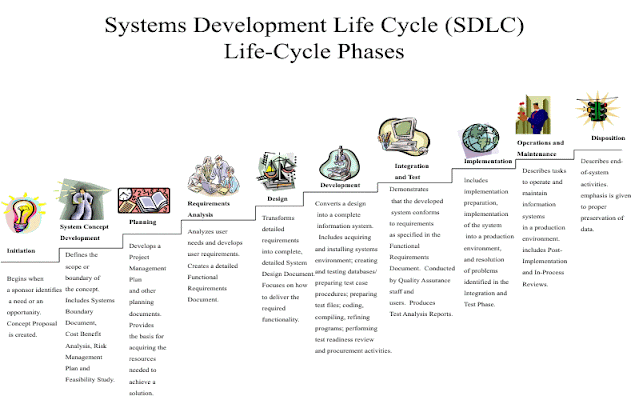Management and power
A manager must acquire knowledge in several areas:
- communication
- team management
- strategy
- planning
- performance appraisal
- managing interpersonal relationships
- understanding power dynamics
- managing one's influence
Books that want to make aggressive marketing or are not hiding reality from the reader explain with one word what these activities refer to and do not use the term "managing interpersonal relationships," but rather a much clearer and direct one: power.
Power is one of the aspects that a manager must understand. What are its dynamics within the company? Can we influence it? How? By managing interpersonal relationships? Maybe yes, or maybe there are other ways...
I understood this too late. Focused solely on the team, architecture, and code, I failed to spot a specific moment. The moment when a trio of managers was undermining me without me knowing. They managed to do so effortlessly, given my inability to read certain dynamics.
It was a moment that had a great impact on my career. In just a few months, I went from being considered one of the best (but unprepared) managers to being relegated back to a programmer.
Understanding that situation was difficult. Because between anger and hate, there is little room for anything else.
Saint-Simon said:
Humanity is not made to dwell among ruins.
Well, neither is reason.
It took me quite a while. Then, with some help from my manager and some books I was reading (the most important of which was The Happiness Trap by Russ Harris), I managed to see the flaw in my thinking. And then the mistake in my path. And finally, the gaps in my education.
I started reading again, specifically books that openly explained the hidden aspects of management, like power dynamics. How to manage them.
I still remember the most blunt text on these topics: 7 Rules of Power by Jeffrey Pfeffer. Here, the author deliberately says that "it's important for a manager to try to acquire power because if you're driven by the desire to help people, that's when you can do it".
Would doing this have helped me in that specific situation? Are we sure?
I'm not sure at all.
Because we often forget how the context and the actions we decide to take every day can influence the good intentions we had set. Sometimes, to the point that when we realize who we've become, we notice that an unworthy being has taken root inside us.
At that point, between this unworthy being or the angry person I had become, I doubt there would have been much difference.
In my opinion, focusing only on acquiring power still leads to the degradation of the person.
There are some techniques to avoid this from happening. Gerald Weinberg suggested (actually, for other reasons) keeping a journal as a tool for self-awareness. A valuable companion in life for understanding what thoughts cross our minds, intercepting them, and maybe trying to do something about them. Gerald was also the first person I met who spoke clearly about "power" (and called it by that name) in his Becoming a Technical Leader. It’s thanks to him that I discovered that I had completely ignored the issue.
For Benjamin Franklin, it was important to strive for moral excellence. Not pursuing this goal would lead a person to see their morality slip away over time. He suggested, among other things, an interesting exercise. Using a table with the 13 virtues he decided to follow in the rows and the days of the week in the columns. Every morning or evening, he would think about the behavior he had exhibited the day before or that day and mark a point in the column of the day at the level of the virtue he had done something wrong with. If, after a week, he noticed that a certain virtue had a number of marks, it meant that he would need to focus more on that one.
I started using both, and I still do.
Whatever method you choose to use, I think it’s important that you clearly understand your gaps and do something to improve yourself. If you've never heard of the "power" dynamics, maybe it's time to dedicate some time to them (as Gerald Weinberg himself suggested). If you're already familiar with them but have noticed that part of your values has been lost "midway along the path of our your life", maybe you should dedicate some time to understanding how to regain control of your path. It might be useful to try keeping a journal and/or follow Benjamin Franklin’s advice.
And who knows, maybe after a few years of this kind of journey, that advice "it's important for a manager to try to acquire power, because if you're driven by the desire to help people, that's when you can do it" may turn out to be exactly what you've been doing during those same years of personal improvement. Because while you focused on what needed to be done for yourself and (of course) for your company, you will have achieved success and earned merits.
Maybe yes, you would have had to understand the dynamics of power in your favor and not.
You would have also had to figure out how to influence some situations.
But at the same time, you would have remained true to values like honesty, resolution, humility.
And maybe, after a few years, you’ll realize that you've made a career.
For your successes, not for friendships.
Because you’ve earned it.

Comments
Post a Comment